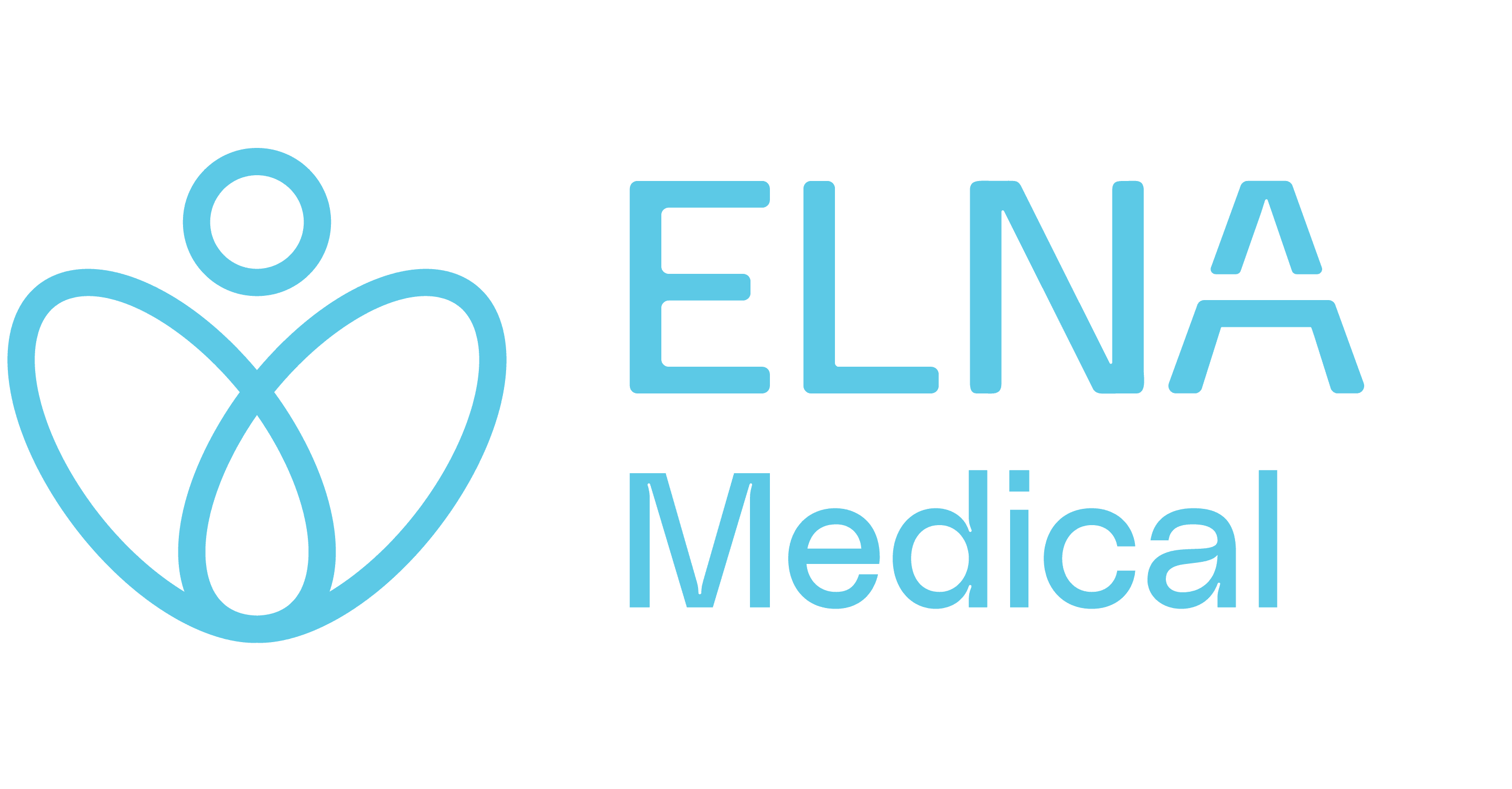It is estimated that 40% of Canadians will be diagnosed with cancer in their lifetime1 and approximately 25% of Canadians will die from it2. It is therefore understandable that the word “cancer” is associated with an avalanche of fears and uncertainties.
For many patients, one of the main concerns is whether the disease could be hereditary or familial, i.e. passed down from generation to generation.
Genetics plays a key role in many types of cancer. Understanding the influence of hereditary factors can guide treatment and prevention choices. This article helps you understand when and why visiting a cancer genetics clinic might be a good idea.
- The role of genetics
- What is a cancer genetics clinic?
- Who should consult?
- What happens during a consultation?
- Visiting a genetics clinic
Understanding the role of genetics in cancer
Our genes are like instructions for how our bodies work. It is possible that a genetic mutation, called a “pathogenic variant”, may slip errors into these instructions. The mutation may be inconsequential, but sometimes it can disrupt the functioning of a gene and lead to diseases, including cancer. There are two types of mutation:
- Acquired mutations: They develop over time, influenced by our environment and lifestyle (smoking, diet, pollution, UV rays, etc.). They are not inherited from a parent and cannot be passed on to a child.
- Hereditary mutations: If one of the parents is a carrier of this type of mutation, there is a 50% chance that it will be passed on to their child during conception. It is estimated that 5 to 10% of cancers are hereditary.
Genetic medicine makes it possible to detect these pathogenic variants and thus to better understand the origin of cancer and the approach to adopt for the patient and his family.
What is a cancer genetics clinic?
A cancer genetics clinic is a specialized health service dedicated to assessing the risks of hereditary cancers. Patients and their families can receive personalized counselling and, if necessary, undergo genetic testing to determine if they are carriers of an inherited cancer syndrome.

Who should consider consulting?
Several situations may lead you to consider a cancer genetics consultation. It is important to take stock of your personal and family history to better understand your risk of hereditary cancer.
1. Personal history of cancer at a young age
If you were diagnosed with cancer at a younger age than average (for example, breast cancer before the age of 35), it may be appropriate to have a genetic test. The fact that cancer occurs early can signal underlying hereditary factors. A genetic evaluation could help understand these factors, but also help put preventative measures in place for you and your loved ones.
2. Multiple family members with the same or related cancers
When several members of the same family, on the same side, have been diagnosed with the same type of cancer or related cancers (such as breast, ovarian or colon cancer), it could suggest an inherited cancer syndrome. Genetic counselling can help identify these syndromes, providing more targeted monitoring and tailored prevention options for family members.
3. Personal or family history of rare cancers
Some forms of cancer are rare. Their appearance in your family could indicate a genetic predisposition. For example, rare cancers such as breast cancer in men, medullary thyroid cancer, or retinoblastoma in children can be signs of specific genetic mutations. Identifying these changes allows us to better comprehend the risks and to set management strategies.
4. Multiple cancers in the same person
If you or a family member has been diagnosed with more than one type of cancer (such as breast cancer and ovarian cancer), this may signal a risk for hereditary cancer. Genetics often play a major role when multiple cancers occur in the same person, and an evaluation can help determine the best approach for future prevention.
5. Known genetic mutation in the family
If a family member has previously tested positive for a genetic mutation linked to an increased risk of cancer, such as BRCA1 and BRCA2 for breast cancer or Lynch syndrome for colorectal cancer, it is essential to consider genetic screening.
6. Some ancestral origins
Ancestral origins may also play a role in the risk of hereditary cancer. For example, people of Ashkenazi Jewish descent have a higher risk of carrying certain cancer-related genetic mutations, such as BRCA mutations. If you have Ashkenazi Jewish ancestry and a family history of cancer, it would be prudent to discuss genetic testing options with a medical professional.
7. Concerns about the risk of hereditary cancer
Even if you don’t strictly meet the criteria listed above, it’s important to consider your personal concerns. If you’re concerned about your family history of cancer or are concerned that you may be at risk, it’s a good idea to talk to your doctor. The doctor will be able to assess your concerns and determine if a referral to a cancer genetics clinic is appropriate.
If you recognize yourself in any of these profiles, talk to your doctor for a referral.

What to expect in a cancer genetics clinic?
If you’re being referred to a cancer genetics clinic, here’s a look at what you can expect during your consultation.
Collection of family history
You will be asked to draw up a detailed portrait of your family history: information about your family members who have been diagnosed with cancer, including their age at the time of diagnosis and the types of cancer they have developed. This step is crucial because it makes it possible to determine whether a hereditary pattern could be at the origin of these cancers. The physician will use this information to assess your personal risk and that of your loved ones.
Performing genetic testing
If your family history or personal history suggests a high risk of hereditary cancer, the healthcare professional may recommend that you get a genetic test. This test is usually simple and is done by taking a blood or saliva sample. This decision is entirely yours: you can choose to take this test or not, depending on what you think is most appropriate for you and your family. The role of the advisor is to inform you, answer your questions, and support you in your choice.
Interpretation of the results
The clinic will help you understand what your genetic test results mean in concrete terms. If the tests reveal an increased risk of cancer, healthcare professionals will explain what the implications are for you and your family. This discussion will allow you to ask all the questions necessary to fully understand the issues and options available to you.
Personal medical advice
Based on the results of your genetic tests, the clinic will offer recommendations tailored to your situation. This can include more frequent screenings to detect any signs of cancer early, preventative surgeries, or advice on lifestyle changes that can have a positive impact on your health. These recommendations are tailor-made, considering your personal preferences.

Why is it important to be referred to a specialist?
Being referred to a cancer genetics clinic can save lives. Understanding the importance of this can help you take proactive steps for your health and the health of your relatives.
- Identify hereditary syndromes: Detecting genetic mutations such as BRCA1/2 or Lynch syndrome allows us to better understand and manage cancer risks.
- Take proactive measures: Depending on risk factors, you may benefit from increased medical monitoring, preventive measures and lifestyle changes to significantly reduce the risk of developing cancer.
- Protect your loved ones: The results can help you inform your loved ones and encourage them to make informed decisions about their health, contributing to better prevention within your family.
- Personalize care: A genetic evaluation allows you to personalize your care and treatments to optimize the chances of prevention and improve the prospects for recovery.Top of the form
- Bottom of the form
Consult a cancer genetics clinic
The ELNA Medical network provides you with a genetics clinic at the Brunswick Medical Center in Pointe-Claire, on the island of Montreal. Ask your doctor for a referral!
- First clinic specializing in genetics in Quebec
- Led by Dr. Shuaa Basalom, Medical Genetics Specialist
- Consultations covered by the RAMQ (some tests involve additional fees)
- No waiting list once your doctor’s referral is obtained
- Screening test results in 1 to 4 months
- Empathetic and professional support
Sources | 1 : Canadian Cancer Society – Cancer statistics | 2 : CMAJ – Projected estimates of cancer in Canada in 2024















